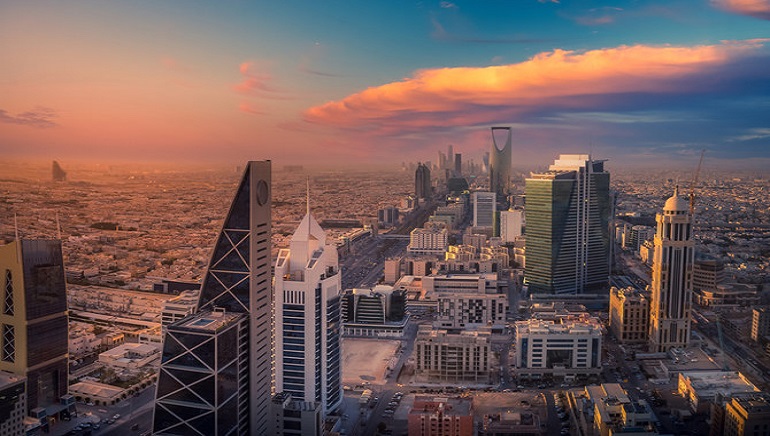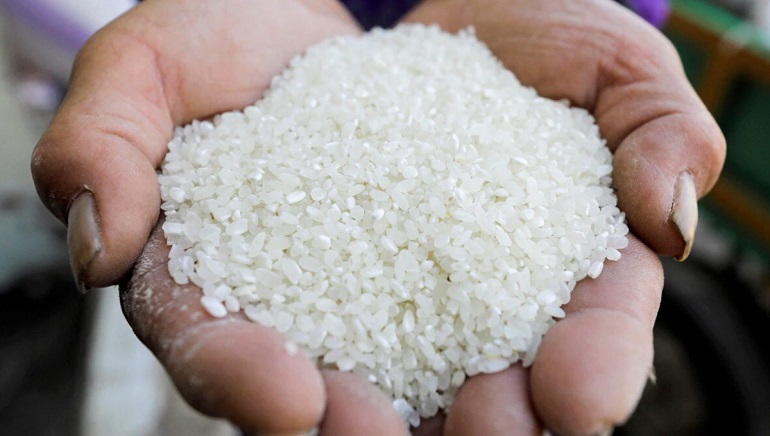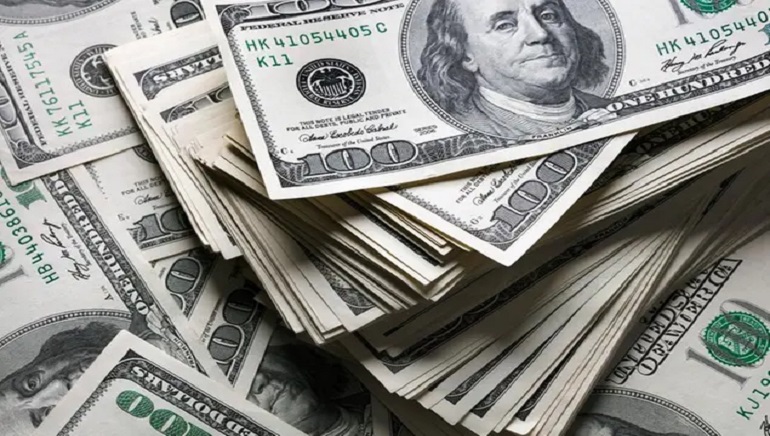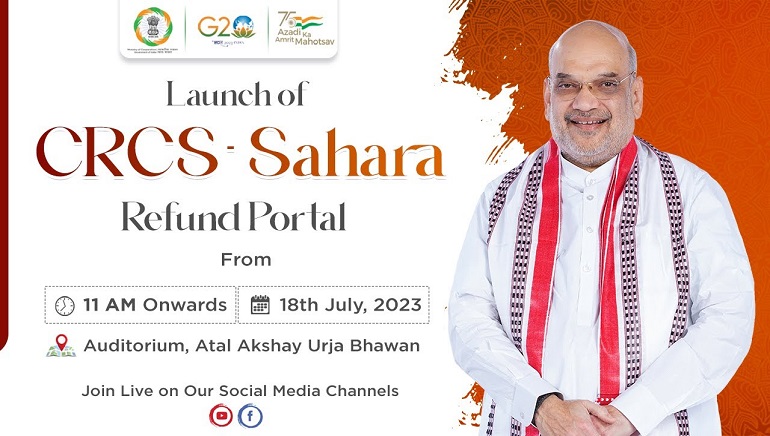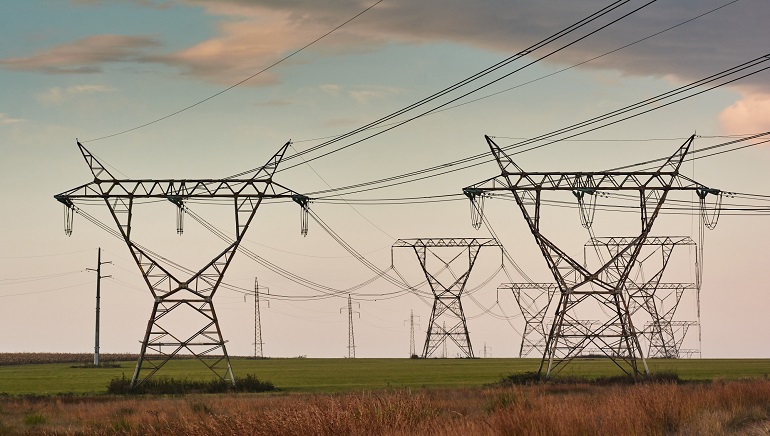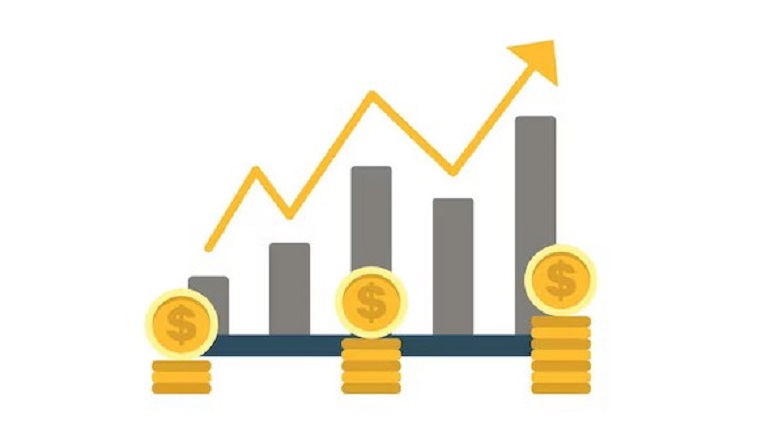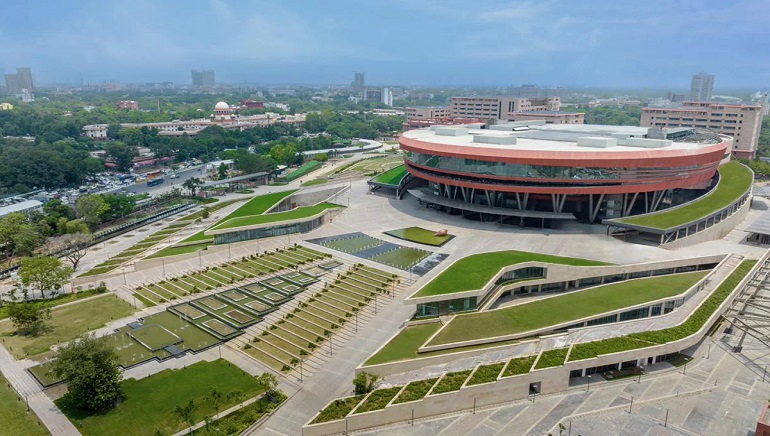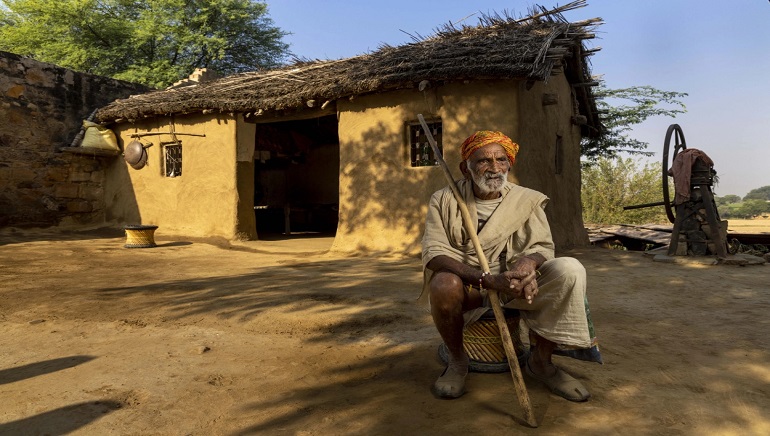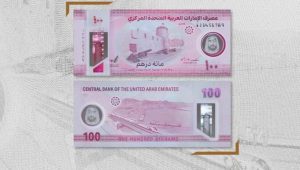The gross domestic product of the Kingdom of Saudi Arabia grew by 1.1% in the second quarter of 2023 compared to the same period in 2022 due to non-oil activities that increased by 5.5% annually in the quarter.
The non-oil sector is a focus area under Saudi Arabia’s Vision 2030, as the Kingdom aspires to steadily diversify its economy that has been dependent on oil for several decades.
According to General Authority for Statistics (GASTAT), government services activities increased by 2.7% in the second quarter, while oil activities dipped by 4.2% on an annual basis.
The fall in oil activities was chiefly due to the decision taken by the Organization of the Petroleum Exporting Countries and its allies (OPEC+) to reduce oil output by 1.2 million barrels per day. In the cuts, Saudi Arabia pledged to reduce output by 500,000 bpd. The country also announced an additional cut of 1 million bpd for the month of July in June.
The International Monetary Fund, citing prolonged oil output cuts, slashed its 2023 GDP growth projection for Saudi Arabia to 1.9% in June. In its World Economic Outlook update, the IMF revised its growth forecast for the country to 2.1% in June from its earlier prediction of 3.1% in May.





